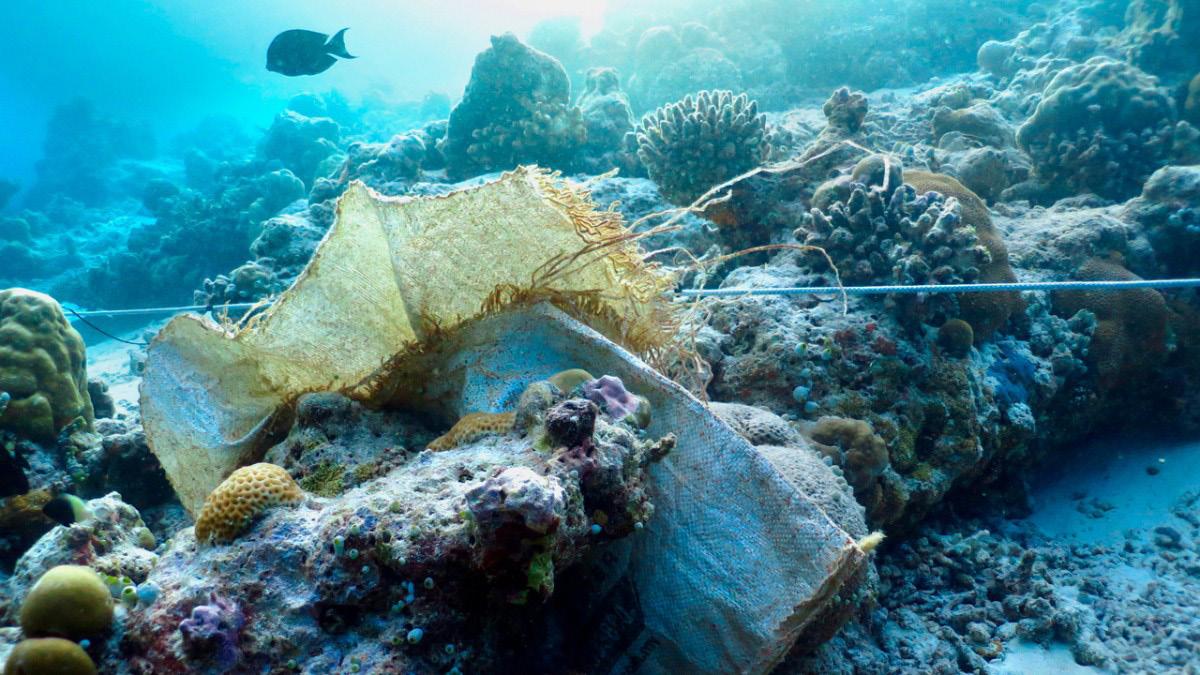
4 minute read
Is it too late for the coral reefs
from The Sentinel 2023
by hautlac
Marc Monterrubio IB2
Coral reefs are some of the most diverse ecosystems on the planet, and are necessary for the survival of over 4.5 billion people around the world, who rely on the ocean for their primary source of protein. It goes without saying that the destruction of coral reefs would greatly affect both the environment and humanity. Unfortunately, scientists expect that more than 90% of coral reefs will die by 2050. Why are they dying? What impact will it have on us? Can we do something about it? Let’s find it out Pollution
To thrive, coral reefs need clean water. In heavy plastic contaminated waters, bits of plastic cling to the corals, they tear open the skin of the coral, increasing the likeliness of infections. However, plastic pollution isn’t the only thing threatening coral reefs, in fact, 20% of corals are threatened by exposure to toxic chemicals. Those pollutants can smother coral reefs, speed the growth of damaging algae, and lower water quality. Overfishing
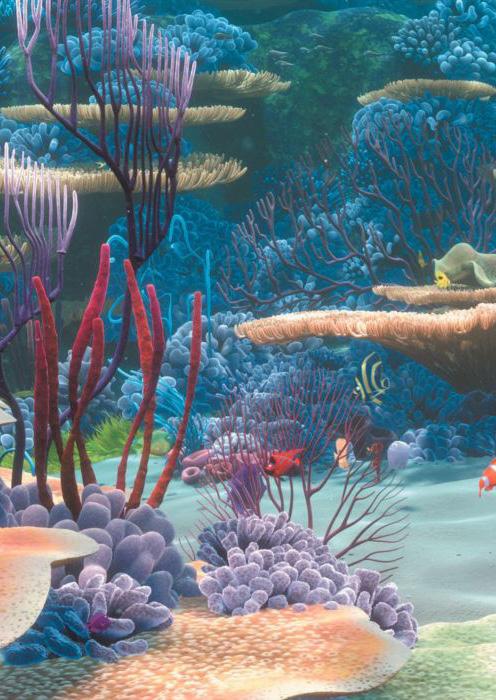

More than 55% of coral reefs are threatened by overfishing. One destructive fishing method for the coral reefs is dynamite fishing, which consists in throwing explosives in the sea to kill fish and then wait for them to float to the surface to collect them.
Unfortunately the explosions also damage corals. Another fishing technique is cyanide fishing, in which cyanide is used to stun the fish so they can be collected and sold to aquariums, as discussed earlier, toxic chemicals are quite destructive to corals. The last but also the most used fishing technique of this list is bottom trawling. This is when large fishing nets are trawled through the seafloor for kilometers. Of course, those nets aim to catch fish but at the end of the day it catches and destroys everything on its way, including corals. Climate change
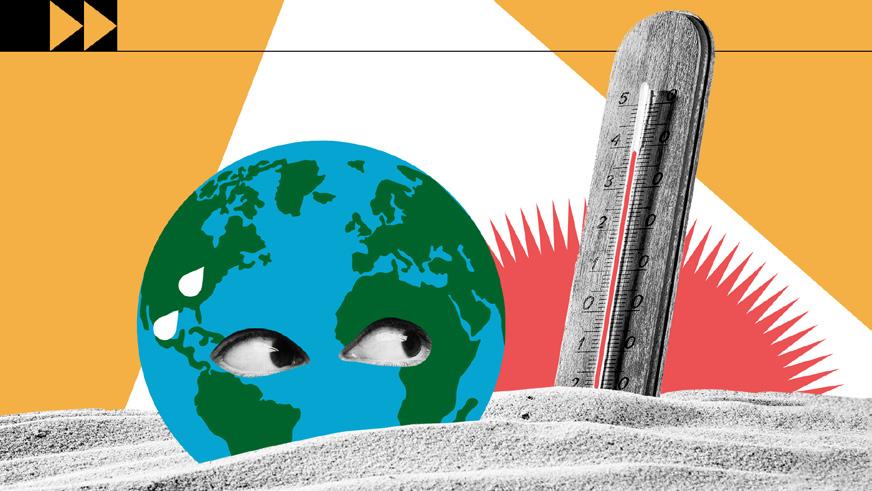
The increase of temperature due to climate change is dangerous for the tiny algae that live on corals, unfortunately, those algae are necessary to corals since they make energy from sunlight for the corals to use. Climate change also makes natural disasters more common, threatening coral reefs. Lastly, the acidification of the oceans due to the increase of carbon dioxide causes a reduction in pH levels, which decreases coral growth and structural integrity.
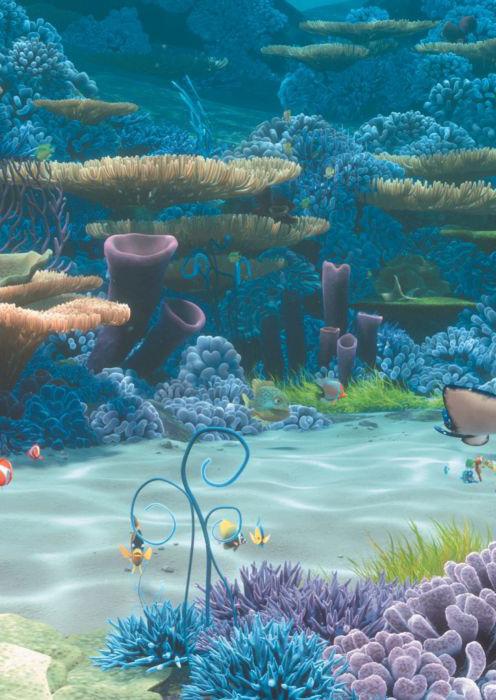
What impact will it have on us?
The impact of coral destruction will first be felt by the people living next to them. It will first affect tourism, as the corals attract 15 million scuba divers each year. Coral reefs also provide protection from storms and erosion. The revenues made from fishing will drastically decrease, and the few fish that they will still be able to catch could possibly carry a disease due to them eating toxic algae that grow on dead corals. This disease is called “ciguatera” , and can cause vomiting, diarrhoea, nausea, and abdominal pains to humans. The impact on food production will be international and is threatening approximately half a billion people of famine. Additionally, the coral reefs being one of the most diverse ecosystems on earth are home to plants and animals that are necessary to the development of new medicines, they helped the research of treating cancer, arthritis, human bacterial infections, Alzheimer’s disease, heart disease, viruses, and other diseases.
What can we do about it?
To protect coral reefs, the fight starts at home, with everyday tasks. For example, properly recycling and disposing trash. As said earlier, one of the reasons for the destruction of corals is the release of plastic in the ocean, so it goes without saying that properly recycling plastic will help. Of course the best solution would be to stop producing single use plastic entirely, and if we hope to one day live in a plastic free world, everybody should try to reduce their consumption, starting by using reusable bags, avoiding plastic bottles, avoiding straws etc. Then, since coral reefs are also dying because of climate change, using eco-friendly means of transportation and reducing energy consumption will of course help. On a bigger scale, the use of fertilizer should be reduced, policies to stop climate changes should be installed, and human fish consumption should decrease. Then, coral nurseries are also being created around the world in which coral colonies are being grown from broken pieces of coral and then are transplanted back onto the reef. Lastly, heat-resistant corals can be collected, selectively bred and transplanted to other reefs to increase the reef’s chances of survival.
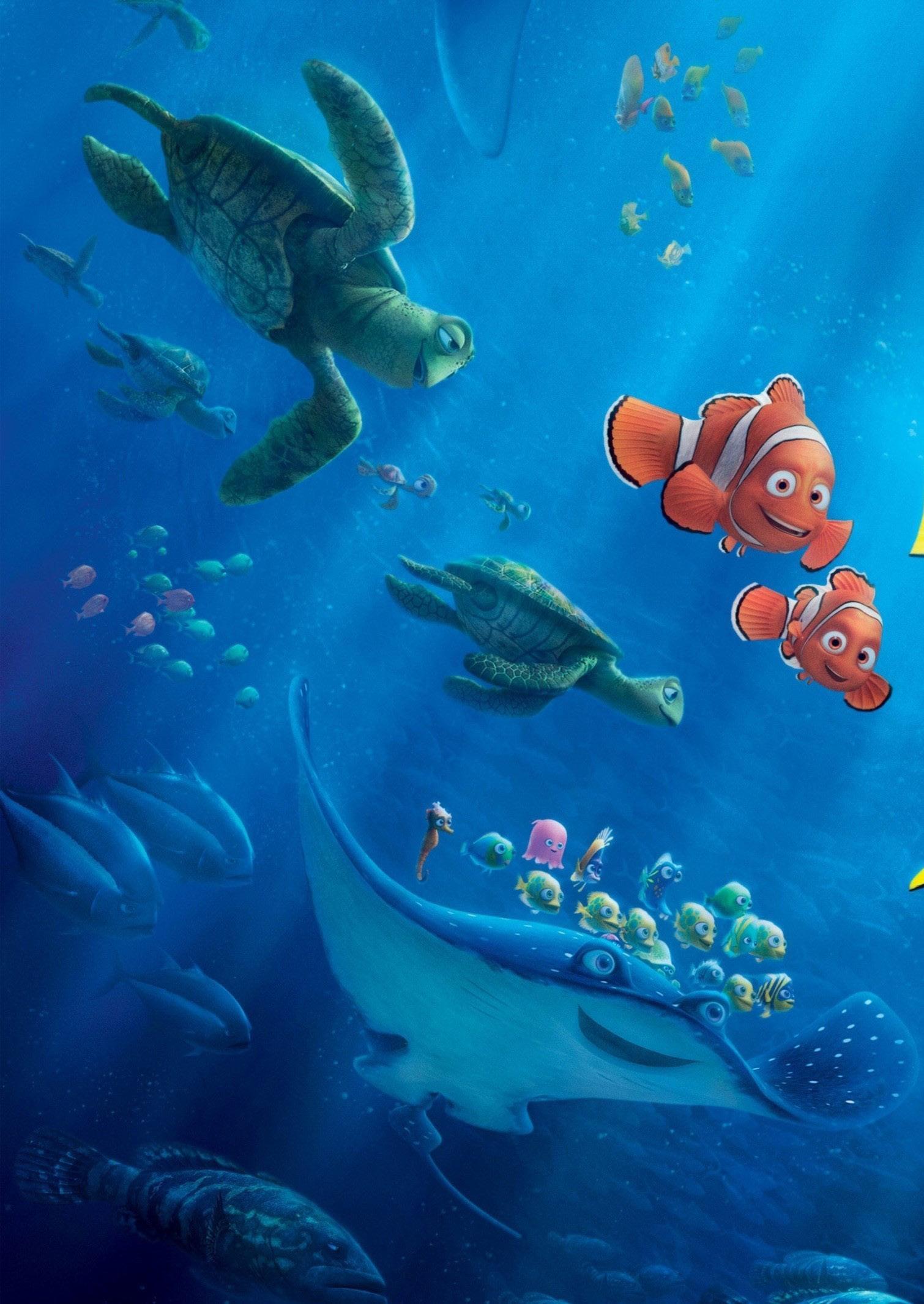
In conclusion, it is hard to say if we can still save coral reefs. Many people think it’s too late,and the only scientists who still believe we can do something about it say we have to do itnow. We might not be able to save the reefs, but trying would do no harm so we might as well give it our best shot.





